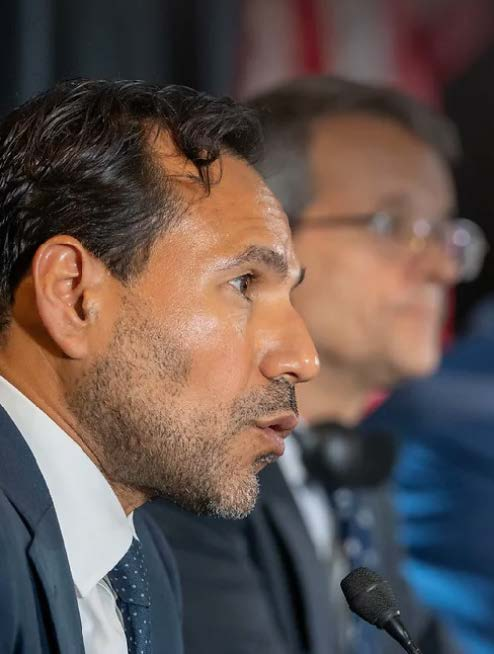
---
Confidential mediation papers presented to the markets this week by the Financial Oversight and Management Board along with Puerto Rico Electric Power Authority (PREPA) bondholders reveal that significant progress is still needed to resolve the utility’s $9 billion debt.
The documents submitted to Electronic Municipal Market Access (EMMA) indicate that on October 1, the bondholders approached the oversight board with a settlement suggestion that was turned down by the board on October 7, arguing that it was not a legitimate proposal and would result in increased power rates.
The bondholders’ settlement suggestion dealt with four key issues. Throughout the recent Title III plan proceedings and during the confirmation hearing, an essential, if not pivotal, element of the oversight board’s agenda was that electricity rates should not impose a customer burden exceeding a 6% share of wallet.
“Our revised proposal explicitly adopts that measure,” the creditors affirmed. “For the purpose of settlement only, our proposal acknowledges that rates should not create a customer burden for electricity surpassing a 6% share of wallet, and we propose implementing mechanisms to prevent such rates from fluctuating for 50 years, unless necessary to cover operating expenses that exceed the budget, or pay for capital expenditures not included in our proposed new bond financing (if approved) and/or funding from FEMA [the Federal Emergency Management Agency] and/or HUD [the federal Department of Housing and Urban Development].”
The oversight board had expressed worries about entering into an agreement that would place PREPA at risk of default.
“In response, we have modified our proposal to remove default risk,” the creditors indicated. “We have suggested two series of take‐back bonds, one that would only mature when fully paid through a cash sweep mechanism (with PIKable interest), and a second that would only be repaid from free cash flow, if available, and that would expire in 50 years regardless of the repayment status.”
The oversight board has consistently asserted that it did not want to agree to go‐forward bond commitments that would exceed PREPA’s repayment capacity.
“We concur that bondholders should receive only what PREPA can sustainably afford, no more and no less,” the creditors added. “To ensure this, rather than attempting to arbitrarily select a figure that might be too high or too low, we propose determining the amount of take‐back debt by first aligning on a set of financial forecasts (which we presently do not possess) and then leveraging those forecasts to set the tranche A debt level at an amount that the involved parties reasonably believe could be repaid in 35 years based on the forecasts without triggering a default if that does not occur.”
To meet this requirement, “we are ready to negotiate terms for and commit to providing $2.5 billion of new pari passu revenue bond financing,” the bondholders stated.
“We believe that this proposal for new funds is crucial, not only as it addresses PREPA’s urgent funding needs, but also because the bondholders’ readiness to inject fresh capital reflects our confidence in PREPA’s future sustainability,” they mentioned. “Importantly, our proposal also safeguards the legacy pension obligations and anticipates cash settlements with the UCC and the Fuel Line Lenders.”
The oversight board responded that the framework presented on October 1 is not a genuine proposal.
“It leaves unspecified the amounts to be repaid. It also contains numerous vague and undefined terms,” the board remarked. “The framework operates on the assumption that the parties should negotiate every necessary variable to ascertain how much debt can be repaid. However, should a variable fall within the exclusive authority of the Oversight Board, such as fiscal plans and budgets, or that significantly impacts whether the people and economy of Puerto Rico can bear the cost of power and attract new businesses, like the application of the 6% share of wallet (SOW) principle, the Oversight Board will not submit these variables to horse-trading, nor has it ever.”
